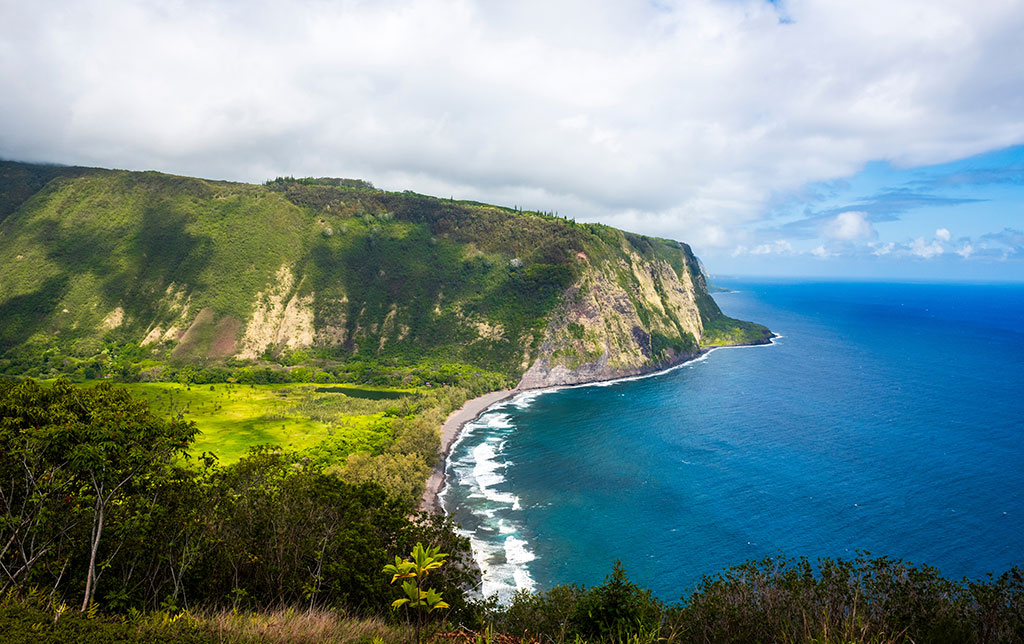
 Join Konia Freitas, past director of the Kamakakūokalani Center for Hawaiian Studies at the University of Hawai‘i – Mānoa; and Mark Kawika McKeague, AICP, principal & director of Cultural Planning G70, for a discussion of traditions of Polynesian voyaging, discovery and settlement which were disrupted and transformed by radically different norms, practices and territorial designs of non-Polynesian settlers beginning in the 18th century.
Join Konia Freitas, past director of the Kamakakūokalani Center for Hawaiian Studies at the University of Hawai‘i – Mānoa; and Mark Kawika McKeague, AICP, principal & director of Cultural Planning G70, for a discussion of traditions of Polynesian voyaging, discovery and settlement which were disrupted and transformed by radically different norms, practices and territorial designs of non-Polynesian settlers beginning in the 18th century.
For millenia, land in Hawai‘i was organized into wao (realms) that align with spiritual principles and support ecosystem services, as well as water, food, and reproduction cycles. Human habitation and activities were subordinated to foster environmental sustainability. Land under this system was held in trust for collective purposes rather than owned by individuals.
This webinar examines how the ahupuaʻa governance system worked and emphasized resource reciprocity. We contrast this system with those that were introduced by Western contact and settlement; including capitalist notions of land privatization, financial investment, resource extraction, and ecosystem manipulation. Ms. Freitas and Mr. McKeague share how the subsistence economy of Hawai‘i was re-shaped by foreign influences of resource exportation, plantation agriculture, urban development, militarization, tourism, and global economic forces. They conclude with a discussion of how concerns over the impacts of these values and land use practices have fueled a movement to revive the foundational principles of Hawaiian worldview toward land and resources to restore sustainability, foster social justice, and ensure inter-generational equity.
Part of our Preparing for the Honolulu 2024 Annual Meeting webinar series